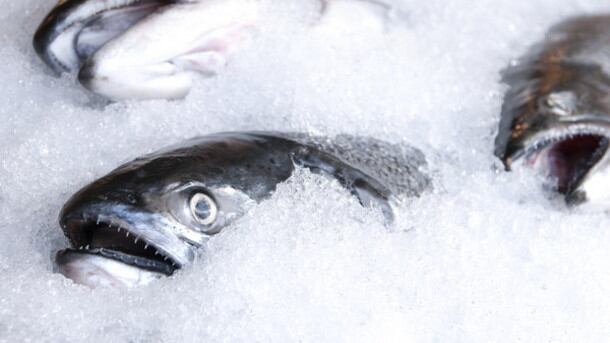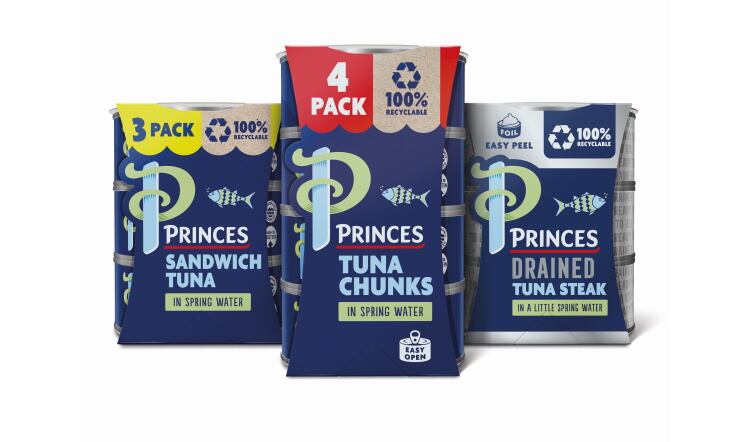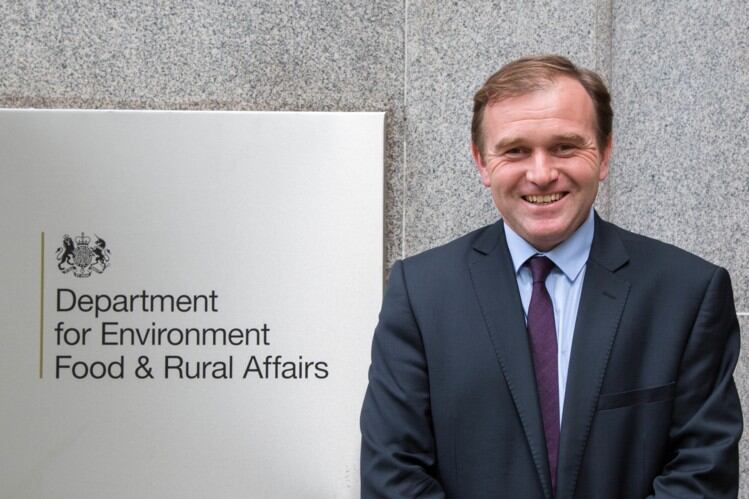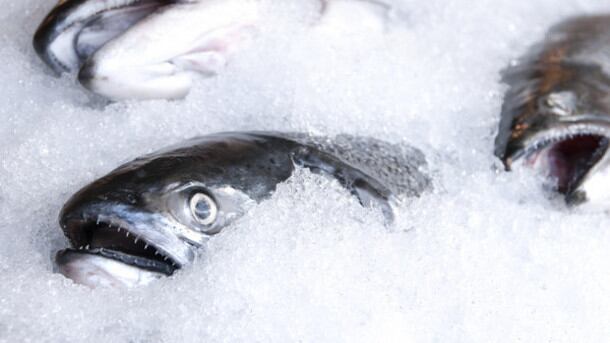Sykes’ acquisition of Klaas, one of the largest shrimp processors in Europe, strengthens its presence on the continent and bolsters its range of chilled and frozen products for retail, foodservice and manufacturing sectors.
The deal included Klaas Puul’s operations in the Netherlands, Germany, Belgium, Denmark and Morocco, as well as its 3,500 employees.
Finance for growth
The transaction was advised by investment bank Zeus Capital, which helped secure financing from three European banks and assisted with structuring to support the Sykes’ growth ambitions.
Commenting on the deal, Sykes Seafood managing director Alan Dale said: “The combination of Sykes and Klaas Puul is something that is very exciting to us as it gives us a platform to conclude further Pan European deals with our core customers and also gives us the additional production capacity that we desperately needed in order to grow our sales.”
Zeus Capital founder Klaas Puul said the merger was create a highly focused and specialised business well placed for further European acquisitions.
“We look forward to working with Sykes and Klaas Puul on the next stage of their journey and supporting them in delivering their strategic objectives,” Puul added.
Family-owned
Family run Sykes Seafood has operated out of Liverpool since 1862, primarily supplying warm water shrimp to the UK catering industry.
In addition to its manufacturing and processing facility in Sefton, the producer has a site in Manchester’s New Smithfield Market – specialising in picking and dispatching products – and has a number of joint ventures internationally.
The past month also saw major investment within the seafood processing sector. Iceland Seafood has revealed plans to merge its UK operation and invest in a “significant” processing and coldstore capacity in Grimsby.
It said it plans to merge Iceland Seafood Barraclough and Havelok into one legal entity called Iceland Seafood UK. It has acquired a 33% minority share in Havelok for £3m in order to gain 100% ownership of the company.
Meanwhile, UK shoppers unknowingly consumed 177,000 tonnes of wild fish in 2019 as retailers failed to properly set up supply-chain standards to reduce the impact of farmed fish diets on wild ocean ecosystems.





